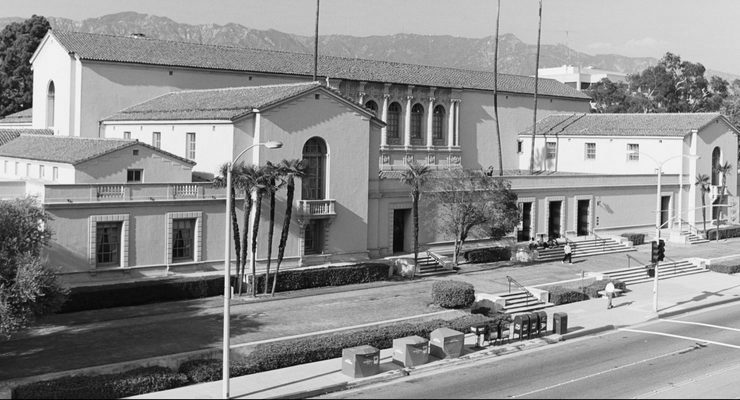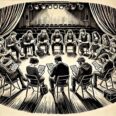
A Pasadena resident’s query about the purchase of books that some consider racially biased and insensitive has opened the door for a discussion on how the Libraries and Information Services Department selects books for the city’s libraries.
In correspondence to the City Council earlier this month, Pasadena resident Phyllis Chestang expressed concern about the content of the department’s collection as she noted that books that appear to reflect racial bias, including “Little Black Sambo,” “The Lone Ranger,” “Tarzan and Jane,” and Charlie Chan mysteries, are included in the collection.
Chestang brought the matter to the attention of the council after she initially questioned why there was no competitive selection process associated with the department’s proposal for a $750,000 contract with Overdrive Inc. for the purchase of electronic books and electronic audiobooks.
During the meeting, Councilmember John Kennedy asked City Manager Steve Mermell to review the department’s book selection policy, saying Chestang’s comments were worthy of the City Council’s consideration.
“We do not want to acquire books that are patently offensive to members of our community,” Kennedy said.
Councilmember Tyron Hampton remarked that this is not the first time the public has had issues with some of the books the city has purchased.
“I think it would be kind of hard to figure out all the books that have issues, but there are some that are extremely offensive —[including] the ones that Ms. Chestang mentioned,” Hampton said.
Despite concerns expressed by Kennedy and Hampton about the book selection process by the department, the council voted 7-1 to approve the recommendation to authorize the city manager to enter into a contract for the purchase of $750,000 worth of electronic books. Kennedy was the sole dissenter.
Director of the Libraries and Information Services Department Michelle Perera detailed the Pasadena Public Library’s policy in response to the council’s discussion. Perera will present her memo to the Library Commission on Wednesday.
Addressed to Mermell, Perera’s memo says books are purchased based on criteria such as popular interest, currency information, local emphasis, appropriateness of subject to the needs of the intended audience, reputation of the author, and creative, literary or permanent value, among the others.
Perera said members of the community may make suggestions and recommendations to staff for inclusion and removal or relocation of books in the collection.
Once suggestions are submitted to the department, they will be reviewed by the library director and staff in relation to the library’s mission statement and the selection criteria pursuant to the Collection Development Policy, said Perera.
Perera said the process of adding materials to the library collection “needs to be unbiased as possible to ensure a well-rounded collection that has something for everyone.”
According to her, the Pasadena Public Library provides a broad choice of materials to meet the “informational, cultural, and recreational needs of the Pasadena community.”


















